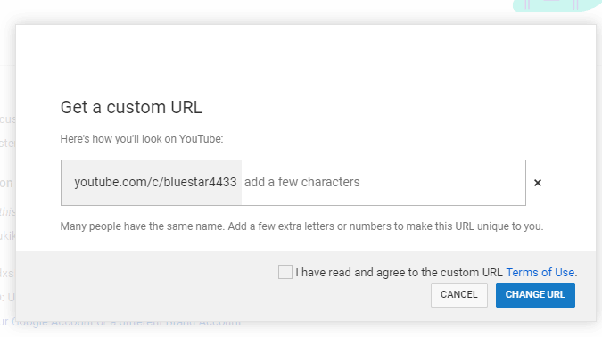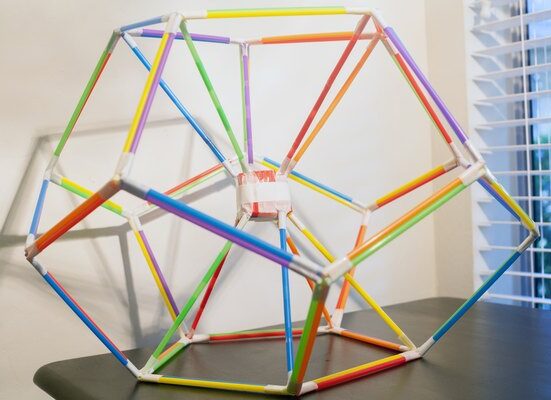URL customization is the process of changing the way that you access a website. If you are accessing a website, such as www.mywebsite.com, and you want to make it so that you can access the same site from www.mysite.com, you will need to change the URL to www.mysite.com. What you need to know about URL Customization. This is a very important topic that you need to be aware of. A Custom link shortener is a good way to short the URL. In order to have the best link shortener, you need to make sure that you can customize the link that you create. You can do this by using a custom domain name that is not already taken. You can also use an.htaccess file and redirect the traffic to your own site.
URL Customization:
A URL (Uniform Resource Locator) is a computer address that identifies the location of a web page. It consists of three parts: the protocol, the domain name, and the page name. The protocol is usually HTTP or HTTPS. The domain name is the part of the URL that identifies the website. The page name is the part of the URL that identifies the specific file within the website. The customization of URLs allows you to change the protocol, domain name, and page name. In this post, we describe what a custom URL means and how it can be used to make your website more attractive to visitors.
How can you customize the URL?
To create a custom link shortener, you’ll need to use a service like Bit.ly. There are many other services available, but this one is free. After creating your account, you can create a new URL and set it up to be a custom link shortener. You’ll then be able to choose which of your social media accounts you want the shortened URL to go to.
URLs are a way to access web pages on the Internet. There are many different ways to create URLs, and you can customize them to suit your needs. For example, you could make one URL for each page on your website, or you could make one URL for your home page, and another for your shopping cart page. If you want to customize your URL, you can add an extension after the.com or.org. For example, if you have a website called “www.bob.com,” you can make the URL “http://www.bob.com/about/bob” by adding “about” to the end of the URL.
Benefits of URL Customization:
The customization of URLs allows you to change the protocol, domain name, and page name. It is very useful to have the ability to customize your URL. This is particularly useful when you are trying to use a website that is not your own. For example, if you are using a web host, you may be able to customize the URLs of your websites.
When you create a new URL, you can customize the page name, protocol, and domain name. You can also use the URL to redirect visitors from one page to another. The custom URL is much easier to remember and is more user-friendly than a long domain name.
Drawbacks of URL customization:
If you do this, you will have to use a different browser to view your new URL. If you do not know what extension you need to add to your domain name, you will have to contact your web host to find out. One of the drawbacks to this is that you have to use a third-party service to get the extension. It is not free to get the extension and it can be a little buggy. It may also take time to get approved by the webmaster.
One of the drawbacks is that it is still in the early stages of development and there are many challenges ahead. Chief among them are security, privacy, and cost. Right now, the IoT is extremely vulnerable to hackers. The data collected from these devices can be extremely valuable to someone who wants to do harm. However, it is not easy to steal this data. You need physical access to the device.
In conclusion, I am not a fan of URL shorteners. They are usually an unreliable way to get people to your site. When you use a URL shortener, the link is shortened before it gets to your site, so you can’t track any traffic from it. Also, the links that you share on social media are not clickable anymore. This is why you should use custom URLs instead of shortening links.








7 Comments